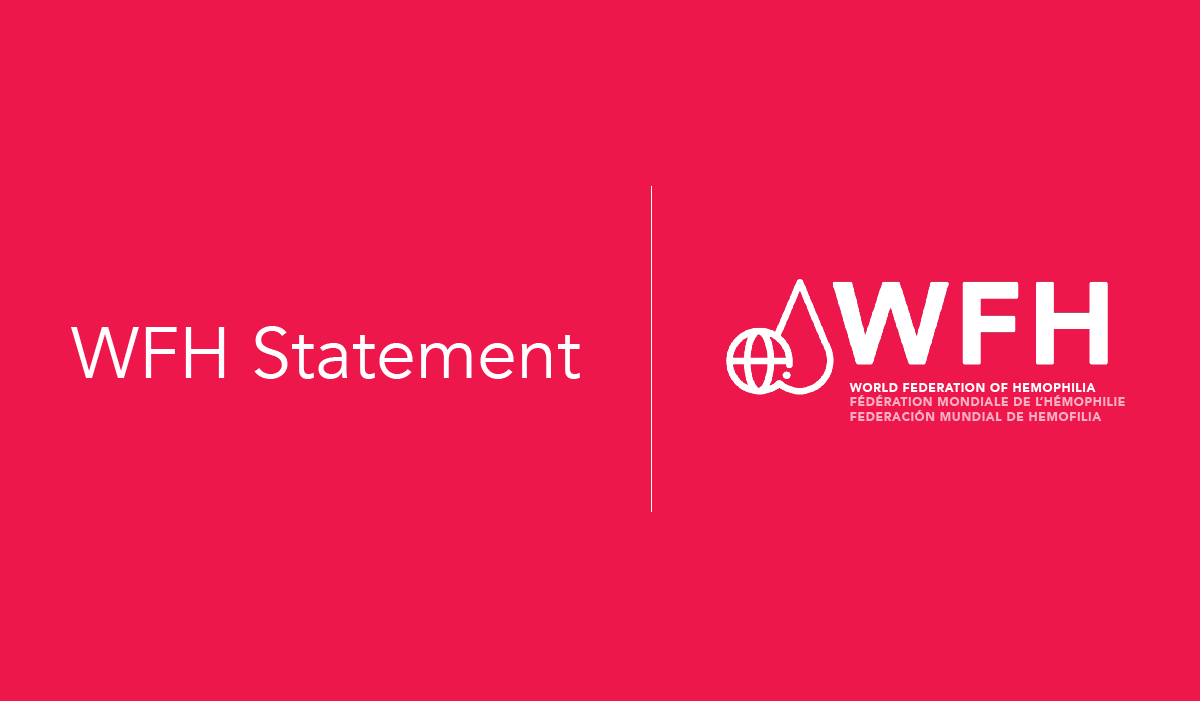The WFH Guidelines for the Management of Hemophilia, 3rd edition, published in 2020, recommends clotting factor concentrates (CFCs) and Factor VIII mimetic bispecific antibodies as the treatments of choice for prophylaxis to prevent bleeding, with CFCs being the standard of care for treatment of bleeding. The WFH supports pathogen-reduced cryoprecipitate (PR-cryo) as a treatment of bleeding only when CFCs are unavailable, while it is not preferred. The WFH emphasizes that non-pathogen-reduced cryoprecipitate should only be used under life or limb threatening circumstances, and in the absence of an alternative, virally inactivated therapy, due to high risk of transmission of bloodborne infections, such as HIV, and hepatitis B and C viruses.
The WFH is further concerned with the implied superiority in the cost-effectiveness of PR-Cryo relative to CFCs, through its EML allocation of core status relative to the complementary status of CFCs. Fully burdened manufacturing costs for recombinant CFCs are frequently lower than plasma derived CFCs, recombinant CFCs are less expensive to purchase than plasma derived clotting factors in some countries, and plasma derived CFCs can be purchased in many countries for less than the cost of applying the pathogen reduction process to PR-Cryo.
The WFH acknowledges the role of the WHO’s EML as an important tool for national governments to guide them in the selection and financing of medicines. As a non-state actor in official relations with WHO, the WFH has been proactively engaged in dialogue with the WHO headquarters to address these serious health and safety risks that our global community faces, with preliminary assurance already received from the WHO to address this issue during the next EML review. Prior to the issuance of the 2023 EML, the WFH provided specific recommendations urging the WHO to prioritize CFCs, and not cryo, which were ignored. The WFH has since requested removal of non-PR-cryo from the EML and EMLc immediately, as well as the revision of the status of CFCs from complementary to core medicines; however the WHO indicated their process won’t permit any changes until 2025.
The WFH will continue to vigilantly monitor the situation and remain in close dialogue with the WHO until this issue is resolved. In the meantime, we emphasize the WHO EML and EMLc should not be followed with regard to their recommendations to use PR-cryo and cryo as core medicines. Following the WHO recommendations will result in blood borne pathogen transmission and further damage from bleeding for people with hemophilia A. Please disseminate this statement in its entirety as needed.
To read The WFH Guidelines for the Management of Hemophilia, 3rd edition, please click here.












